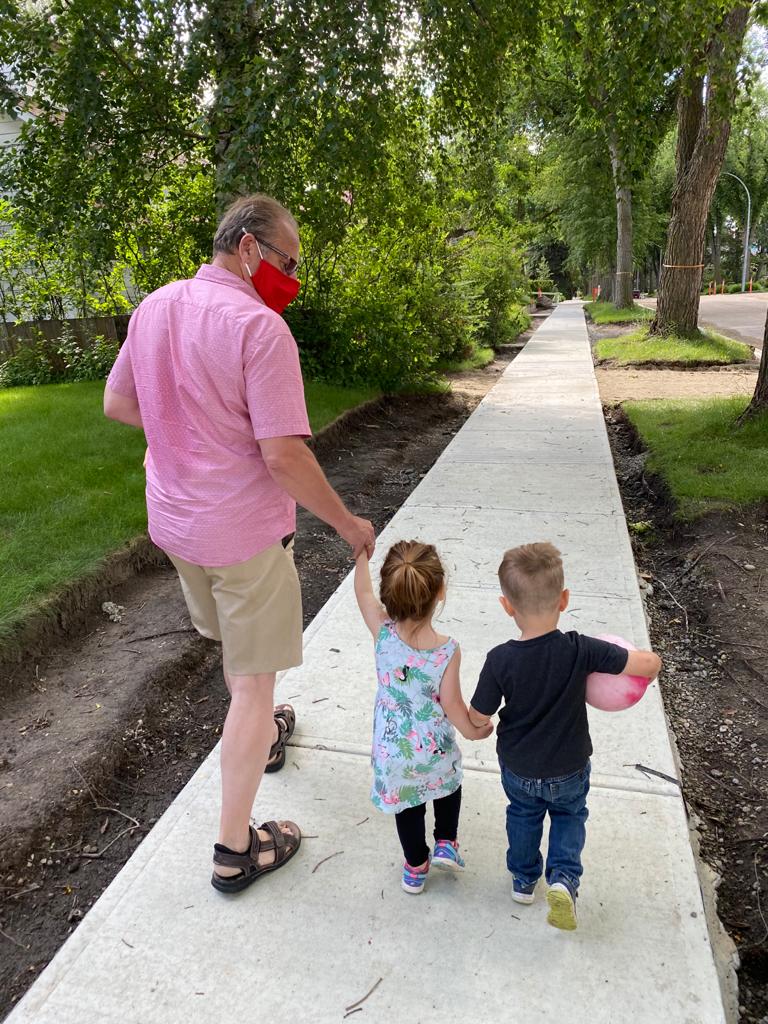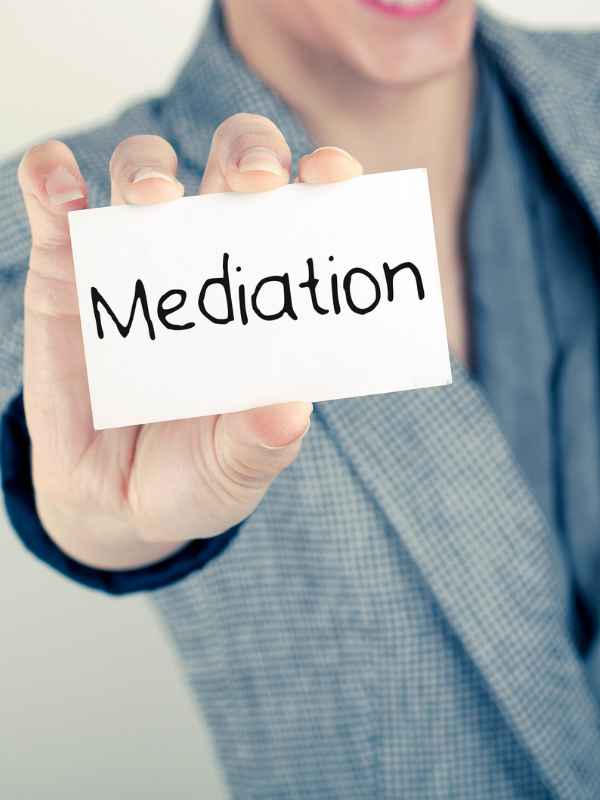Family Mediation
We are Family Mediation experts,

Purpose of Family Mediation:

Issues Addressed in Family Mediation:
The family mediation process can address a range of issues, including:
Division of Assets: Determining how property, assets, and belongings acquired during the marriage will be divided between the spouses.
Debts: Addressing how debts incurred during the marriage will be allocated and managed after separation or divorce.
Residence: Deciding who will live in the family home, whether it will be sold, or how its ownership will be handled.
Child Custody and Visitation: Establishing arrangements for the care and custody of children, including where they will live and how the non-custodial parent will maintain contact and visitation rights.
Financial Support: Addressing financial support for either spouse or children, especially when there’s a significant income disparity.
Financial Considerations: Family mediation can also help address financial concerns, including how both spouses will sustain themselves after the separation, particularly if there’s a reduction in income due to the divorce.

MEDIATION PROCESS
Family mediation comprises three distinct stages:
Commitment, Negotiation, and Settlement.
During the Commitment Stage, the mediator conducts separate meetings with each party to identify the pertinent issues that require resolution.
In these one-on-one sessions, the mediator not only delineates the mediation process but also establishes guidelines and elucidates the individual roles and responsibilities of the participants.
Two (2) questions should always be asked:
What are the issues or problems you are looking to address?
During the negotiation stage, the mediator will convene with both parties jointly. In this phase, the mediator will actively promote open dialogue between the parties, encouraging them to express their viewpoints on the matters at hand. Additionally, the mediator will facilitate the identification of interests and the brainstorming of potential solutions concerning the issues under discussion.
What makes these particular issues significant or essential to you?
During the settlement stage, the mediator will guide the parties in assessing available options, making informed choices, testing proposed solutions, and ultimately reaching a mutually agreeable resolution. Following this, the parties will formalize their agreement and commit to its proper implementation. The mediator will then draft an agreement document, commonly known as a Memorandum of Understanding, ensuring that both parties receive a copy of the agreed-upon terms for reference and documentation.
